Dhaka, Sep 22 (V7N) – The United Nations has pledged its support for various reforms in Bangladesh, focusing on police and electoral changes, as the interim government initiates significant institutional restructuring. This announcement was made by the UN's resident coordinator, Gwyn Lewis, during a meeting with Chief Adviser Professor Muhammad Yunus at his Tejgaon office.
Lewis expressed her backing for the reform initiatives undertaken by the interim government, commending Professor Yunus for his leadership role following the recent political upheaval. She emphasized the importance of this transitional period for fostering unity and setting a positive example for the nation.
"This is a great opportunity for the country to reform the economy and address issues across multiple institutions," Yunus noted, highlighting the government’s commitment to prioritizing police reform and establishing an integrated national IT system aimed at reducing corruption.
The Chief Adviser also mentioned the formation of a commission to overhaul the electoral system, ensuring that future elections are conducted fairly and freely. Lewis inquired specifically about security force reforms, which Yunus confirmed as a top priority for the government.
In addition to institutional reforms, Lewis shared that the UN-led investigation into the violence that occurred in July and August is already underway. She reported that various UN agencies, including the WHO and ILO, are exploring ways to assist those injured and traumatized by these events.
The UN has allocated four million dollars for post-flood rehabilitation efforts in eastern and southern Bangladesh, where approximately 18 million people have been affected by the recent monsoon floods. Lewis noted that the UN is coordinating aid efforts from various organizations and charities to support flood victims.
Professor Yunus also requested assistance from the UN in establishing an early warning system for floods in South Asia. The discussion extended to environmental and climate change issues, as well as concerns related to the Chittagong Hill Tracts.
Addressing the Rohingya crisis, Yunus emphasized the need to build a better future for Rohingya children in refugee camps, warning that a generation of angry youth is growing up under challenging conditions.
END/MSS/



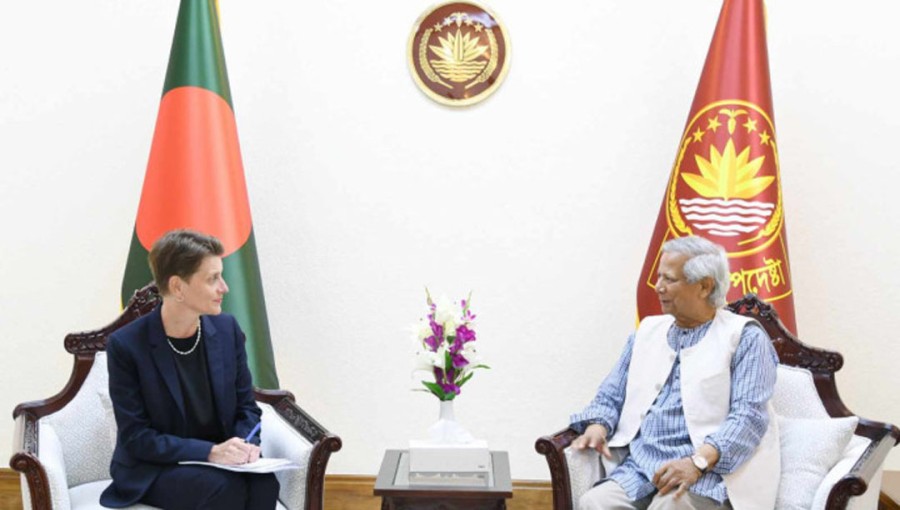
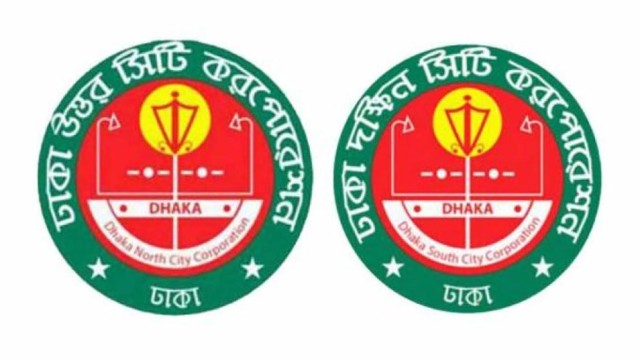
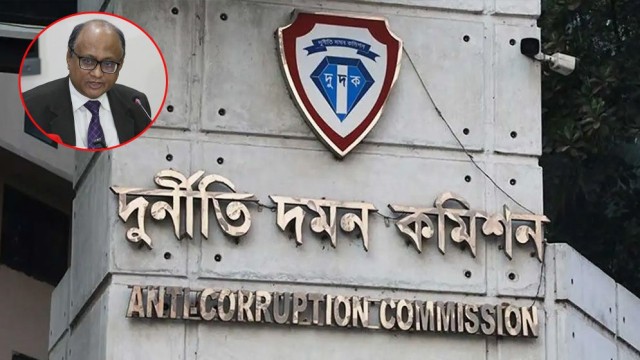

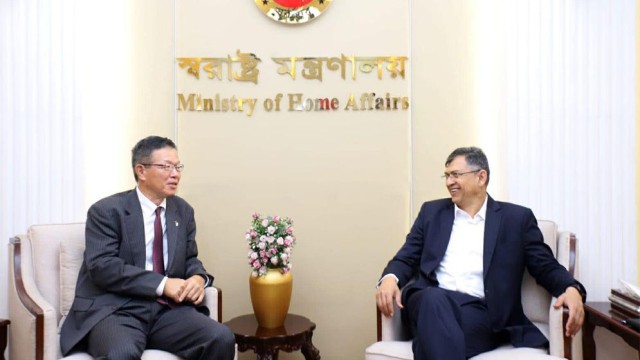
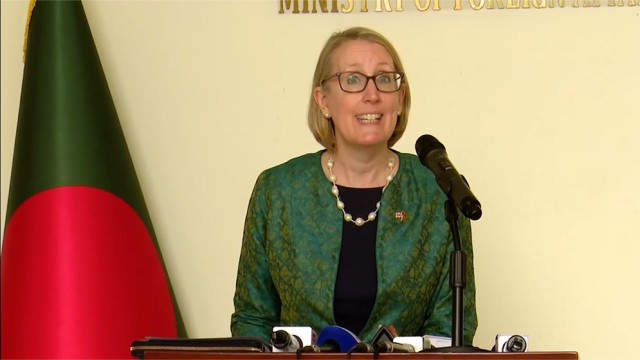






















Comment: